In today’s digital age, it’s more important for a business to have a strong online presence, and SEO (search engine optimization) is one of the best ways to achieve this.
SEO is the method of improving the visibility of a web page or website or in search engine results pages (SERPs). By optimizing your website for search engines, you can make it more likely that your website will appear in the top results for relevant searches.
There are many benefits to having a high-ranking website in SERPs. For example, a higher ranking can lead to:
- More website traffics
- More leads and sales
- Increased brand awareness
- Improved customer loyalty
SEO can be an effective tool for businesses of all sizes. If you’re not doing SEO for your business, then now the time to start.
How SEO Can Help Your Business Grow
SEO has numerous benefits for business growth. Here are just a few examples:
Increased website traffic: When your website ranks higher in SERPs, you’ll get more visitors. This means more potential customers who could be interested in your products or services.
More leads and sales: As more people visit your website, you’ll generate more leads and sales. This is because people are more likely to buy from businesses that they see at the top of the SERPs.
Improved brand awareness: When your website ranks higher in SERPs, your brand will become more visible to potential customers. This can lead to increased brand awareness and trust, which can lead to more sales in the long run.
Improved customer loyalty: When customers have a positive experience with your website, they’re more likely to return and do business with you again in the future. SEO can help you improve the customer experience by making your website more user-friendly and informative.
The Latest SEO Trends You Need to Know
It’s important to stay up-to-date on the latest trends because the world of SEO is constantly changing. so Here are a few of the most important SEO trends to watch in 2023:
Mobile-first indexing: Google now indexes websites for mobile devices first. It means that it’s more important to make sure your website is optimized for mobile devices.
Voice search: Voice search is becoming increasingly popular. It means that you need to make sure your website is optimized for voice search queries.
Local SEO: It is the process of optimizing your website for local searches. This is important if you want to attract customers who are searching for businesses in your area.
Content marketing: Content marketing is still one of the most effective ways to improve your SEO. Create high-quality content that is appropriate to your target audience.
Link building: It is the method of getting other websites to link to your website, a great way to improve your website’s authority and ranking in SERPs.
How to Write SEO-Friendly Content
If you want your content to rank well in SERPs, it’s important to write it in a way that is both informative and SEO-friendly.
Below are some tips to create SEO-friendly content.
Use relevant keywords: When you’re writing your content, be sure to use relevant keywords throughout your text. This will help Google to understand what your content is about and where to rank it in SERPs.
Structure your content well: Your content should be well-structured and easy to read. This will make it more likely that people will stick around and read your content, which will help to improve your website’s ranking.
Use images and videos: Images and videos will help to break up your text and make your content more visually fascinating. They can also help to improve your SEO by making your content more shareable on social media.
Promote your content: Once you’ve published your content, be sure to promote it on social media and other online channels. This will help to get your content in front of more people and improve your website’s ranking.
How to Optimize Your Website for Local Search
If you want your website to rank well for local searches, you need to optimize it for local SEO. Optimize your website for local search with these tips:
- Ensure consistent usage of your NAP (name, address, and phone number) throughout your website and online listings
- Claim and optimize

